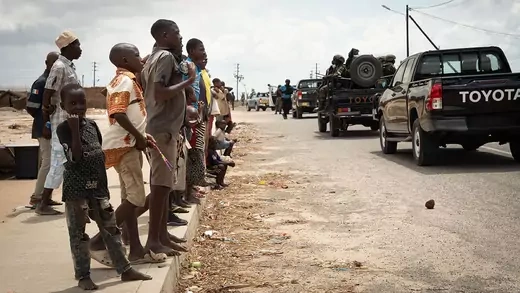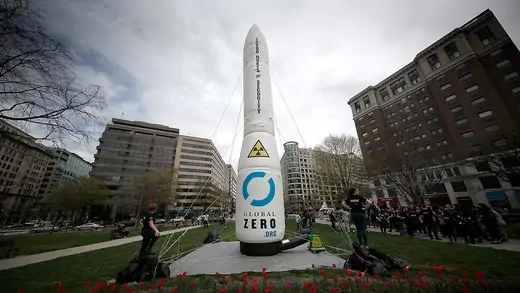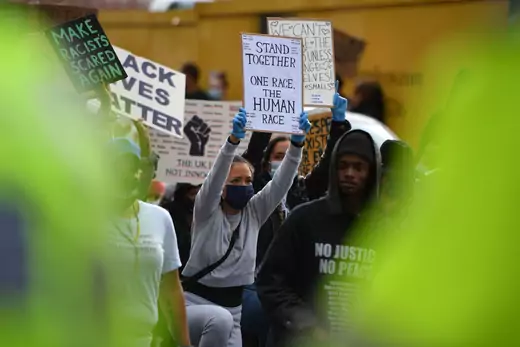- Iran
- Israel-Hamas
-
Topics
FeaturedIntroduction Over the last several decades, governments have collectively pledged to slow global warming. But despite intensified diplomacy, the world is already facing the consequences of climate…
-
Regions
FeaturedIntroduction Throughout its decades of independence, Myanmar has struggled with military rule, civil war, poor governance, and widespread poverty. A military coup in February 2021 dashed hopes for…
Backgrounder by Lindsay Maizland January 31, 2022
-
Explainers
FeaturedDuring the 2020 presidential campaign, Joe Biden promised that his administration would make a “historic effort” to reduce long-running racial inequities in health. Tobacco use—the leading cause of p…
Interactive by Olivia Angelino, Thomas J. Bollyky, Elle Ruggiero and Isabella Turilli February 1, 2023 Global Health Program
-
Research & Analysis
Featured
Terrorism and Counterterrorism
Violence around U.S. elections in 2024 could not only destabilize American democracy but also embolden autocrats across the world. Jacob Ware recommends that political leaders take steps to shore up civic trust and remove the opportunity for violence ahead of the 2024 election season.Contingency Planning Memorandum by Jacob Ware April 17, 2024 Center for Preventive Action
-
Communities
Featured
Webinar with Carolyn Kissane and Irina A. Faskianos April 12, 2023 Academic and Higher Education Webinars
-
Events
FeaturedJohn Kerry discusses his work as U.S. special presidential envoy for climate, the challenges the United States faces, and the Biden administration’s priorities as it continues to address climate chan…
Virtual Event with John F. Kerry and Michael Froman March 1, 2024
- Related Sites
- More
October 21, 2022
COVID-19Every viral pandemic since 1900 has been the result of spillover from animals to humans. Public health systems should take the steps outlined by Jay Varma and Neil Vora to limit the potential for spi…
August 29, 2022
MozambiqueMozambique faces a host of challenges, from escalating climate crises to an ongoing insurgency in the country's northeast, that the United States can help contain with funding from the Global Fragili…

April 21, 2021
Nonproliferation, Arms Control, and DisarmamentDifferences between nuclear and nonnuclear weapons states could seriously weaken the nuclear regime. Recasting disarmament as a common endeavor that addresses each country’s legitimate interests and …

March 8, 2021
InequalityInsufficient leadership, outdated curricula, and alienating school climates leave future foreign policy experts ill prepared to address the social forces contributing to fragility and unrest globally…

November 24, 2020
DemocracyTo prevent further democratic regression in South and Southeast Asia during the coronavirus pandemic, countries should continue holding free elections and counter illiberal leaders’ use of disinformation.

 Online Store
Online Store